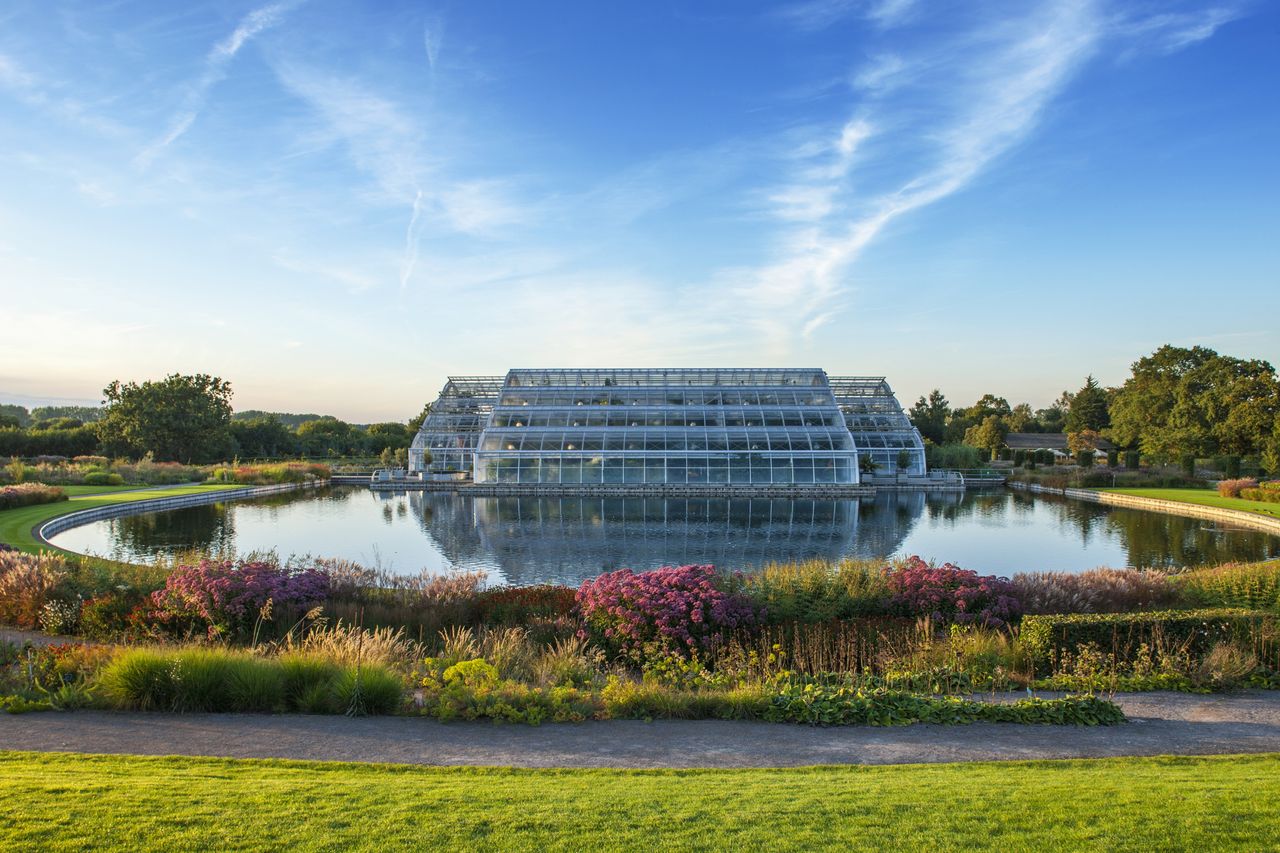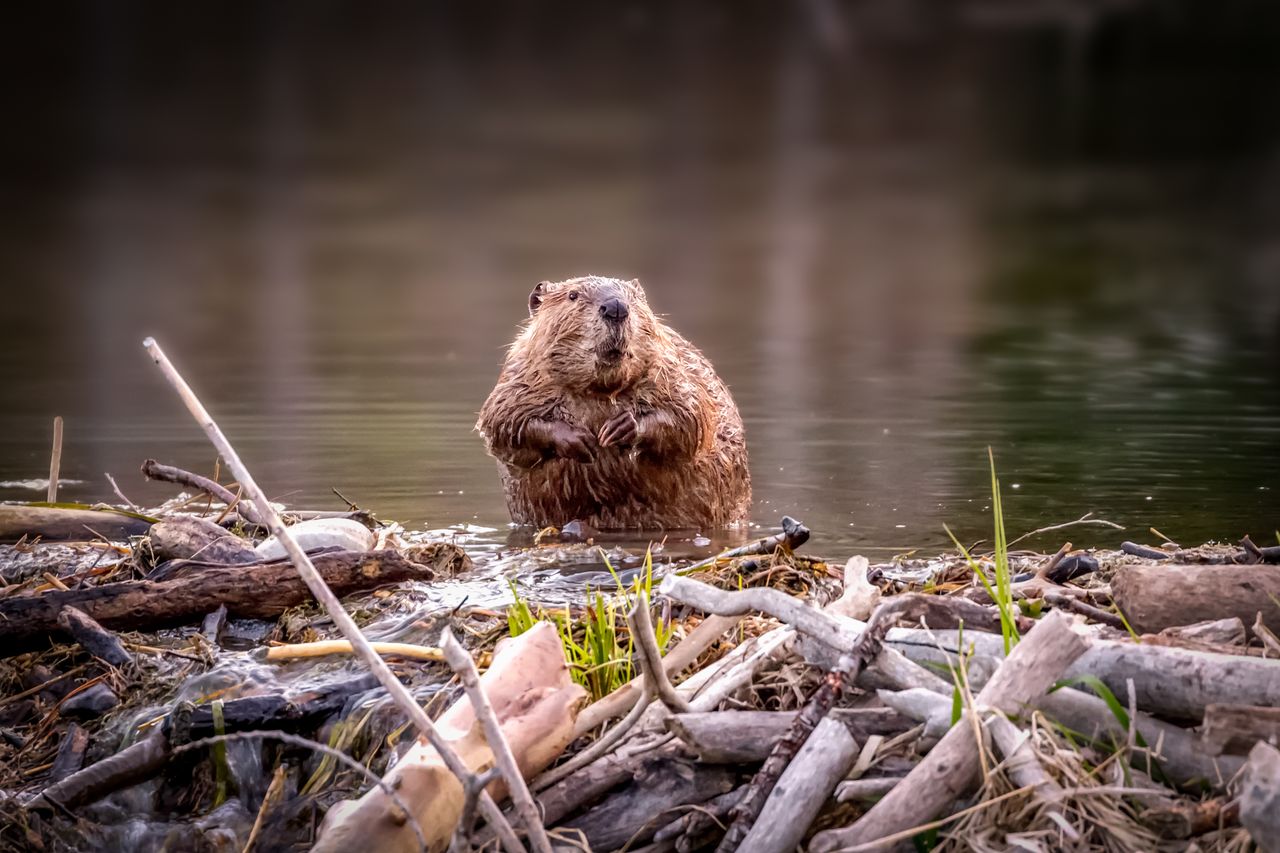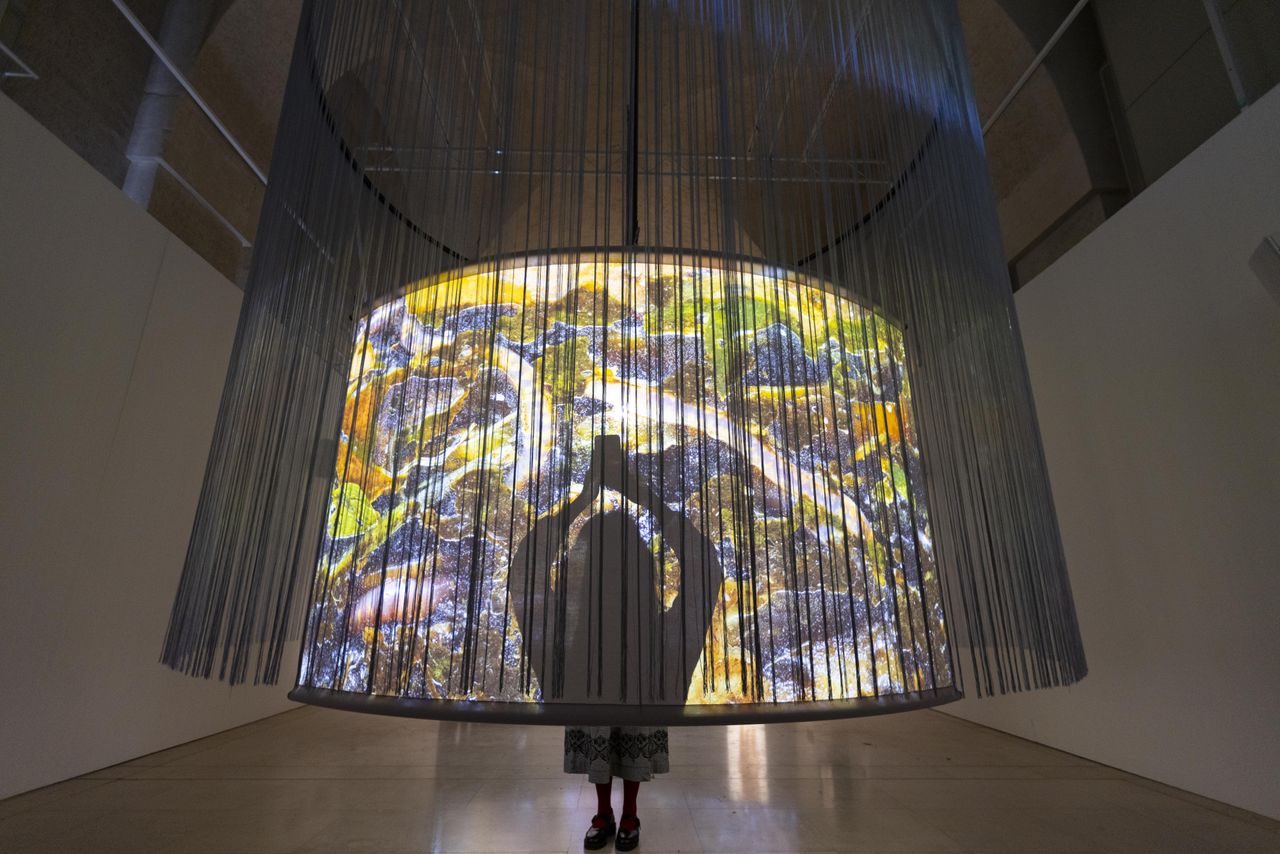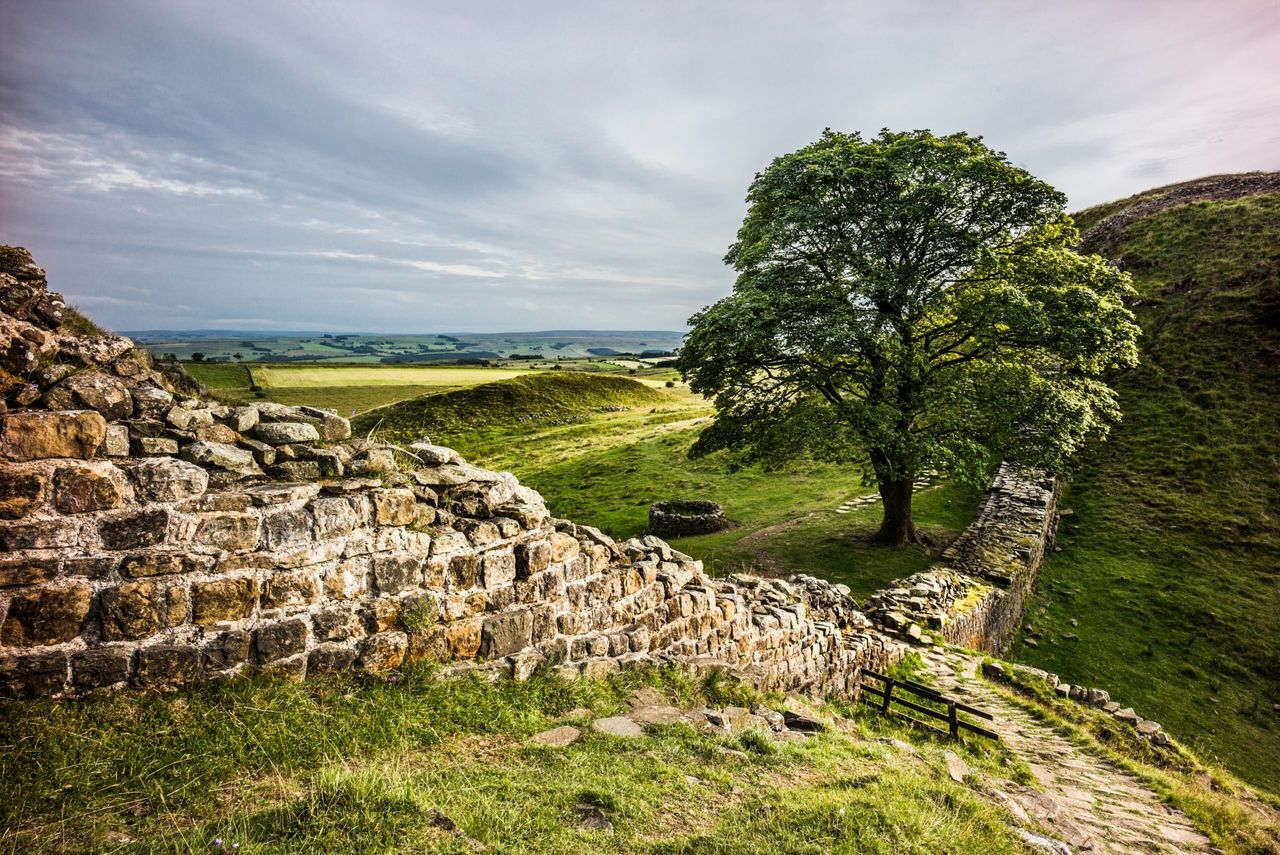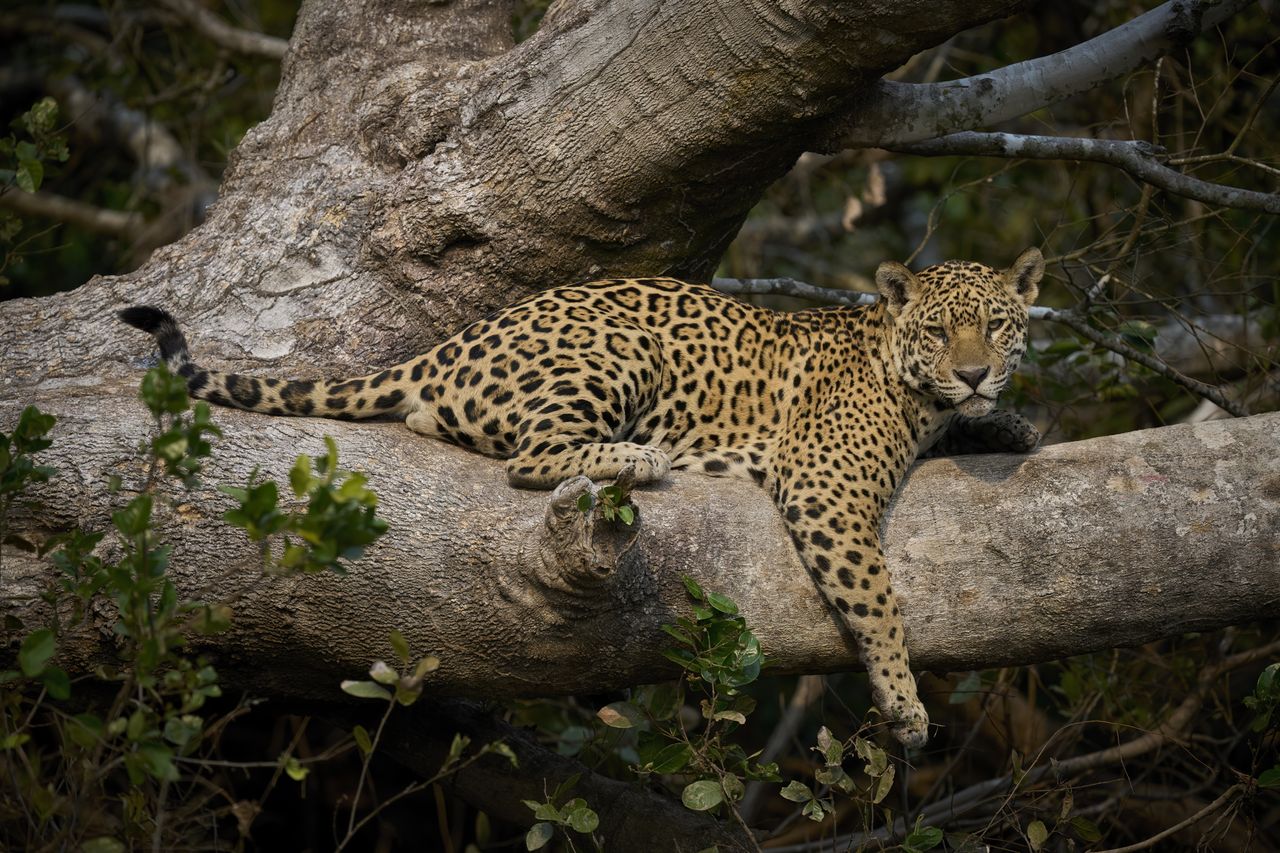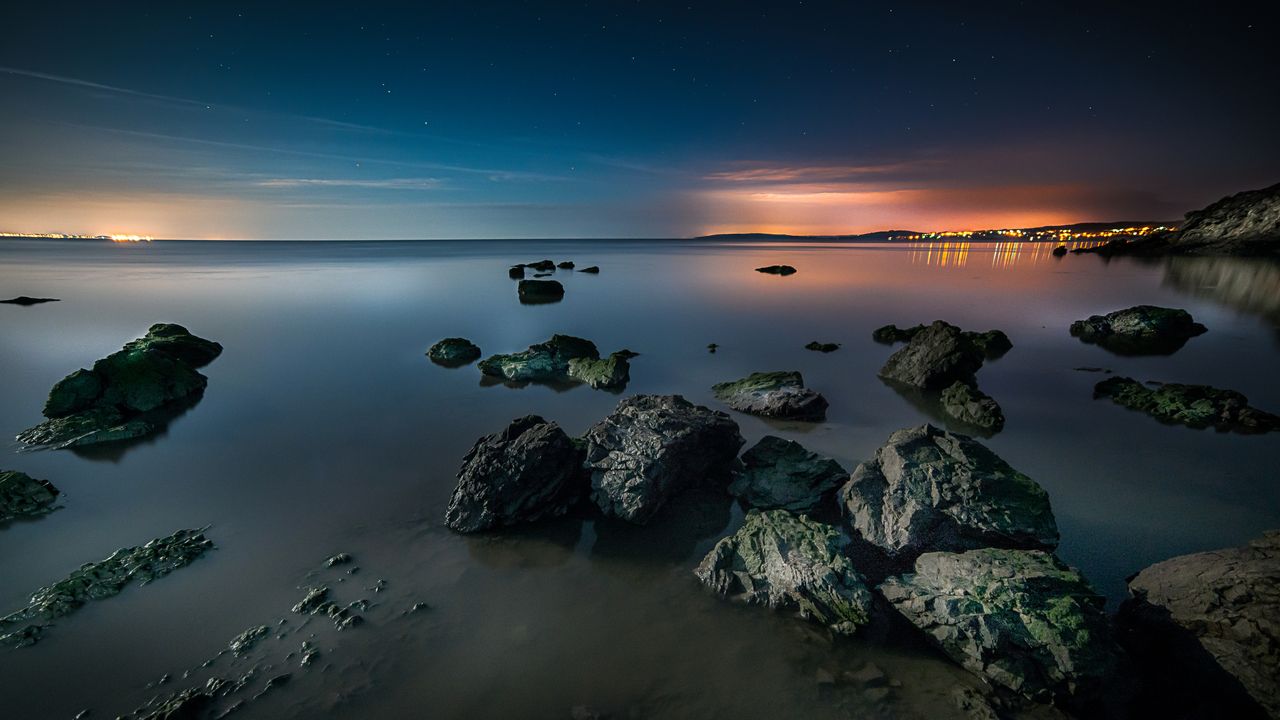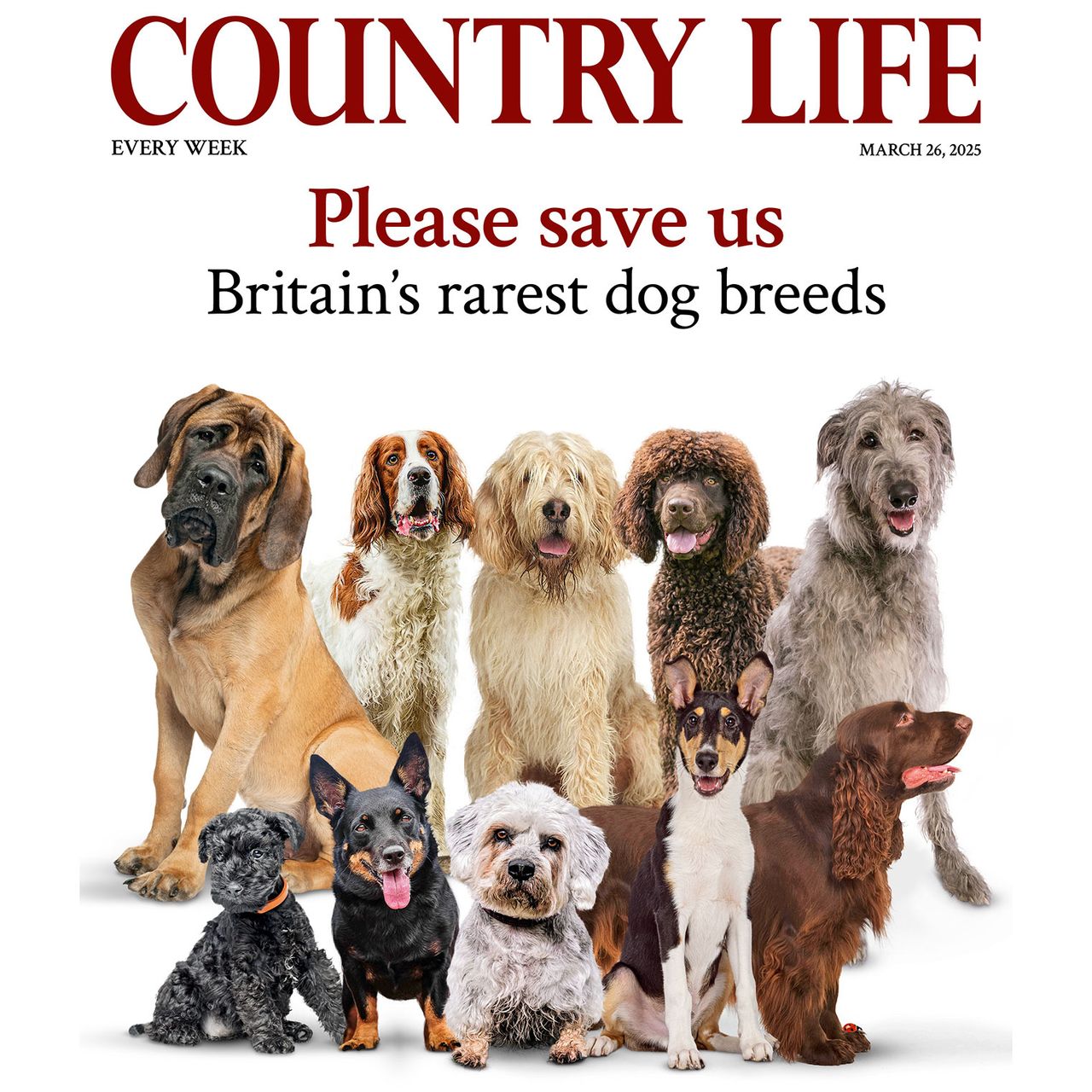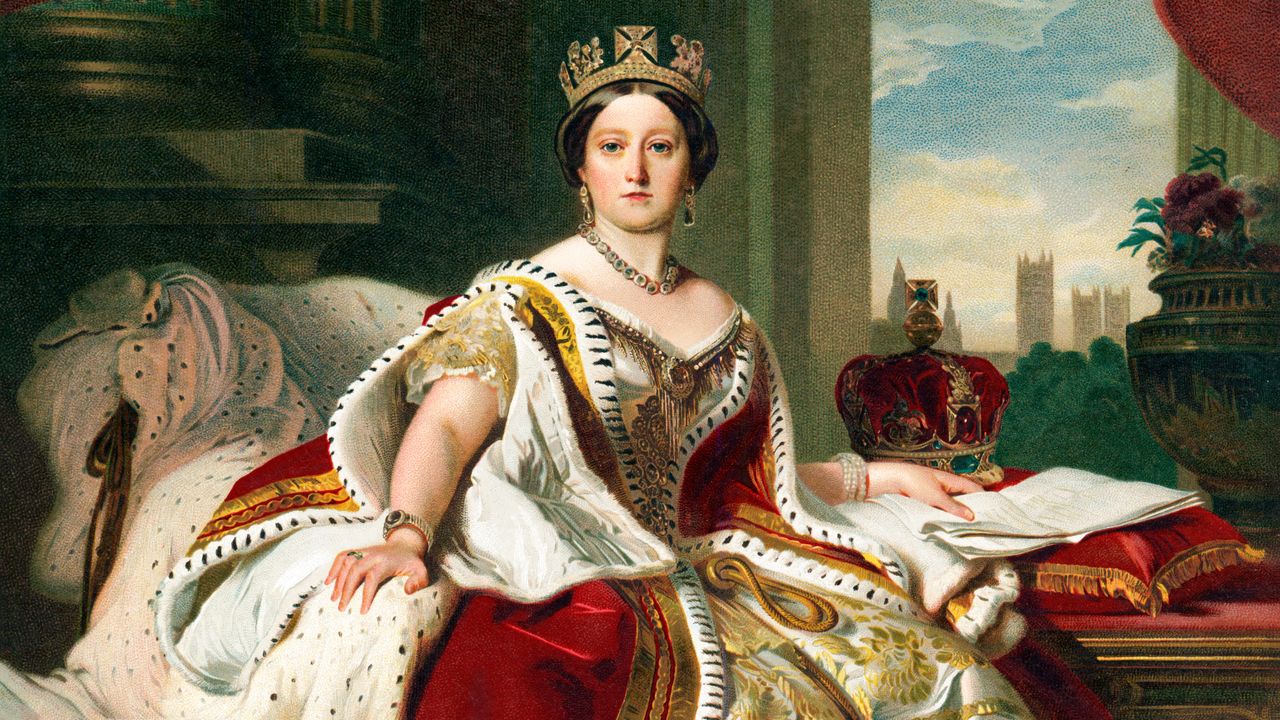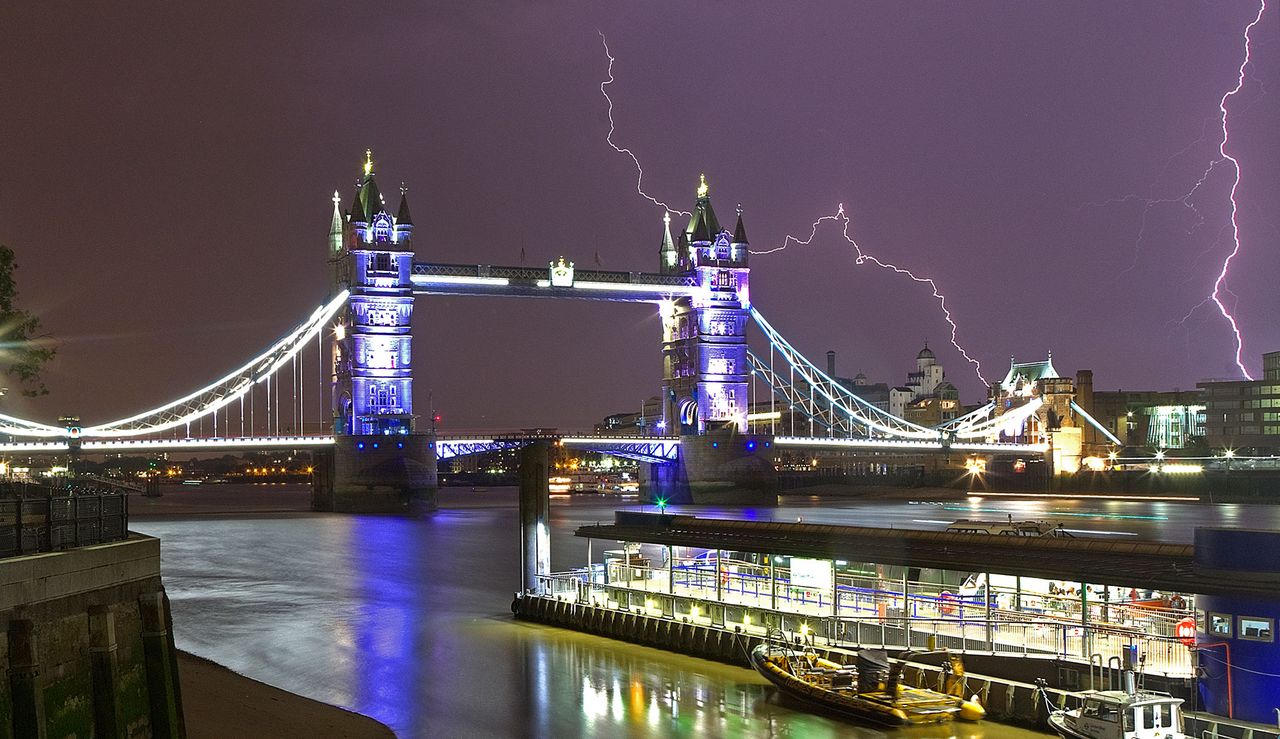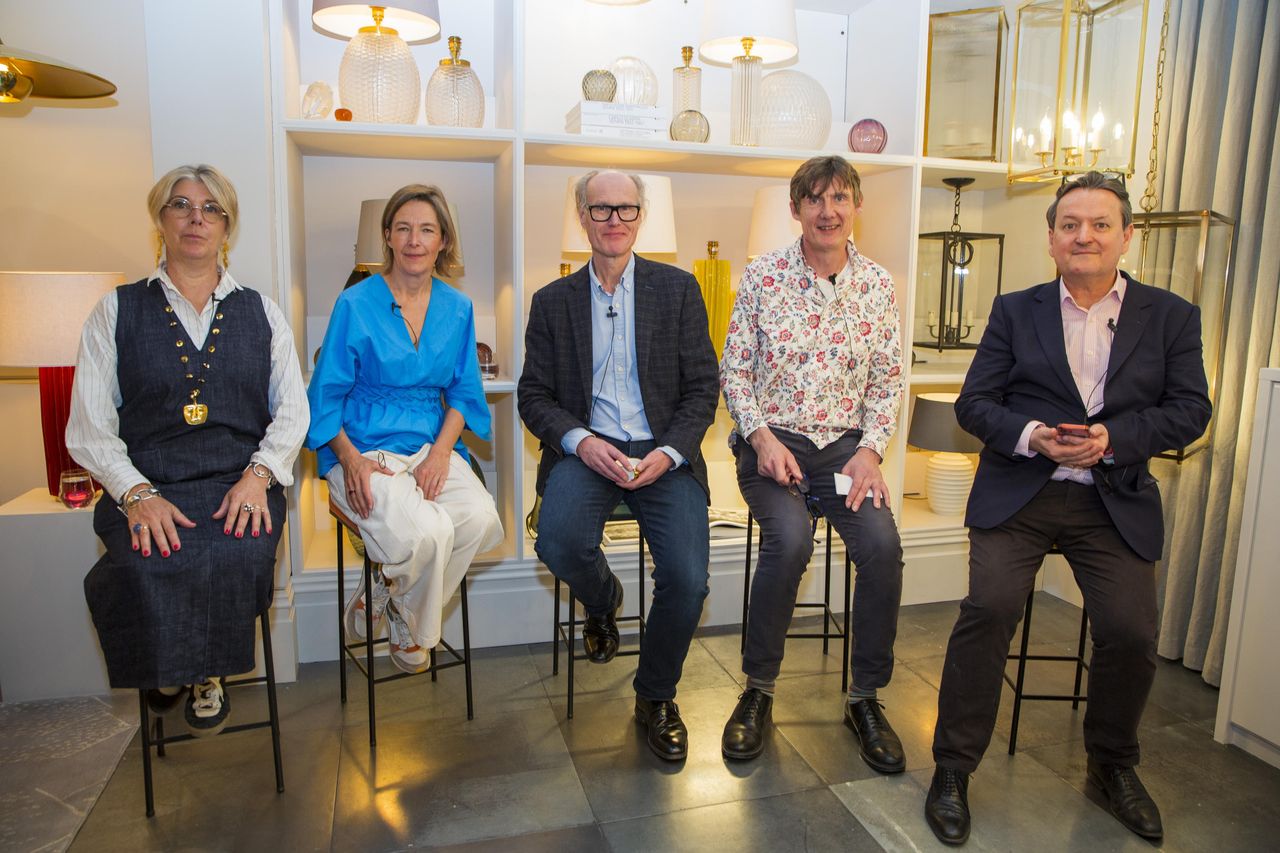Charity issues stark warning to the Government: Restore nature now or risk losing our butterflies
Results from the most recent Big Butterfly Count show an ecosystem in serious decline, according to nature charity Butterfly Conservation.
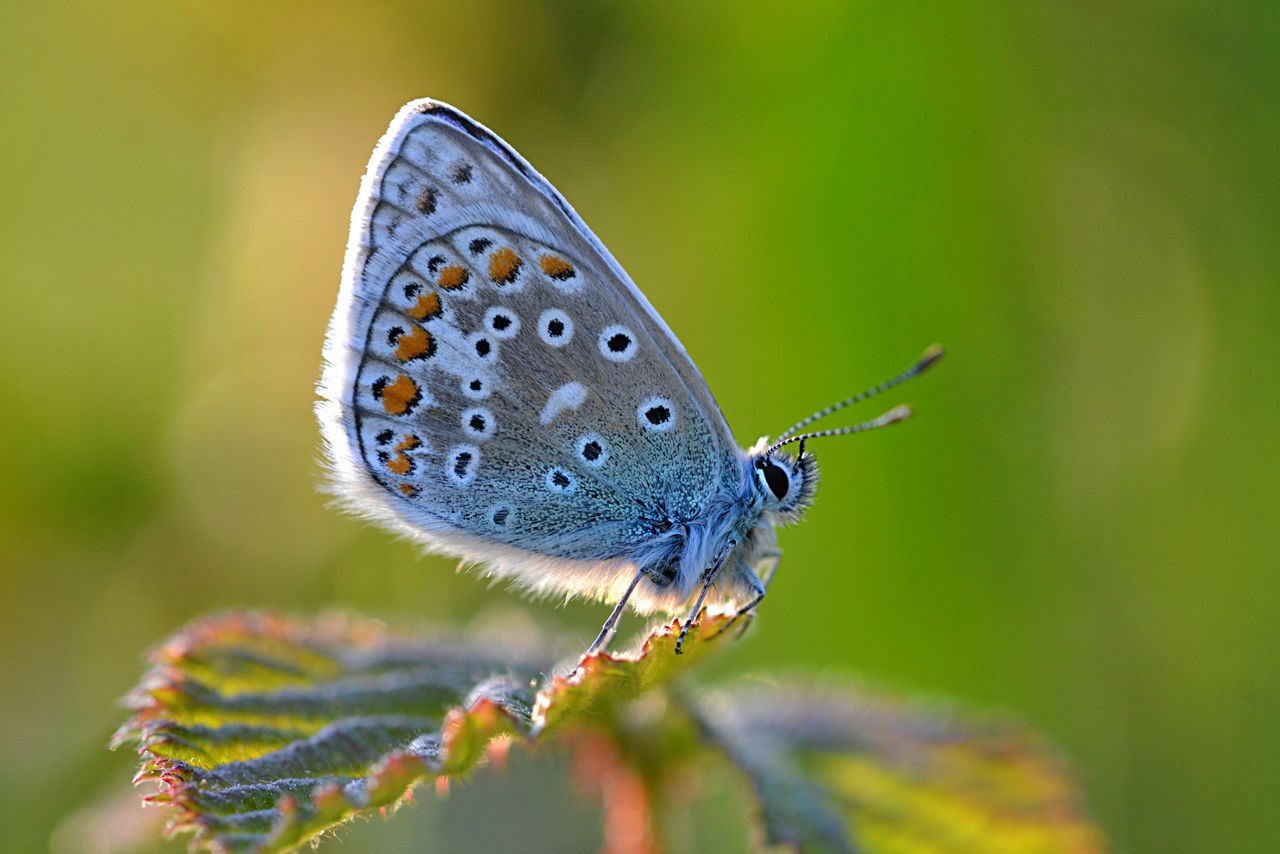

A ‘butterfly emergency’ has been declared by the charity Butterfly Conservation, after the results of a recent survey revealed ‘a marked and hugely concerning decline in numbers’.
The Big Butterfly Count, the world’s largest butterfly survey, helps scientists track not only butterfly numbers, but also the state of nature in the UK, as they are key biodiversity indicators. According to Butterfly Conservation, if numbers continue to decrease, ‘we will face extinction events never before seen in our lifetime’.
The results of this year’s survey have been described as ‘disturbing’ by a senior scientist at the charity. From July 12 to August 4, just over 935,000 butterflies and day-flying moths were recorded across the UK, down by 600,000 when compared to last year. 9,000 counts saw zero butterflies, the highest number in the Big Butterfly Count’s history. On average, participants saw just seven butterflies per 15-minute count, a reduction of almost 50% on last year’s average of 12, and the lowest in the count’s history.
‘The previous lowest average number of butterflies per Count was nine in 2022, this latest figure is 22% lower than that, which is very disturbing,’ says Dr Richard Fox, head of science at Butterfly Conservation. ‘Not just that, but a third of the species recorded in the Big Butterfly Count have had their worst year on record, and no species had their best. The results are in line with wider evidence that the summer of 2024 has been very poor for butterflies.’
'We must act now if we are to turn the tide on these rapid declines and protect species for future generations'
Habitat degradation and fragmentation, climate breakdown and pesticide use have been blamed for the decline in numbers. As a first step, Butterfly Conservation has demanded a ban on the use of neonicotinoids, a pesticide that is toxic to butterflies and bees. According to Prof Dave Goulson from the University of Sussex, one teaspoon of the chemical is enough to kill 1.25 billion honeybees. Neonicotinoids are already banned in the UK, but can be used under ‘exemptions’, which have been granted for the past four years in a row. Labour has already promised to ban exemptions, but have not said when.
‘When used on farmland, these chemicals make their way into the wild plants growing at field edges, resulting in adult butterflies and moths drinking contaminated nectar and caterpillars feeding on contaminated plants,’ adds Dr Fox. ‘Many European countries have already banned these chemicals, it’s time for the UK to follow suit and put the natural world first.’
The charity has also written an open letter to Defra Secretary Steve Reed, laying bare the perilous state of the UK’s butterfly population, and what it means for biodiversity as a whole. In the letter, it’s stressed that ‘this isn’t just one bad year’ and that ‘80% of butterflies in the UK have declined since the 1970s’. ‘The Nature Emergency is bigger than Butterfly Conservation. It is bigger than Defra. And addressing it must be the mission of the entire Government. It’s time to stand up and show a departure from the policies that have led us to this point and start to restore nature now,’ it continues.
Sign up for the Country Life Newsletter
Exquisite houses, the beauty of Nature, and how to get the most from your life, straight to your inbox.
‘Butterflies are a key indicator species; when they are in trouble we know that the wider environment is in trouble too,’ Dr Fox says. ‘Nature is sounding the alarm call. We must act now if we are to turn the tide on these rapid declines and protect species for future generations.’
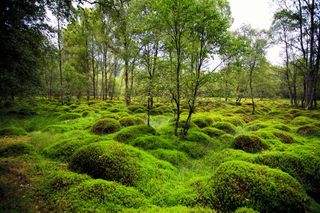
Britain has 763 different types of moss — and they're varied, distinctive and strikingly beautiful
As special as orchids, as beautiful as bluebells and as important as oaks, our ground-hugging mosses are worth a look

James Fisher is the Deputy Digital Editor of Country Life. He writes about property, travel, motoring and things that upset him. He lives in London.
